Products
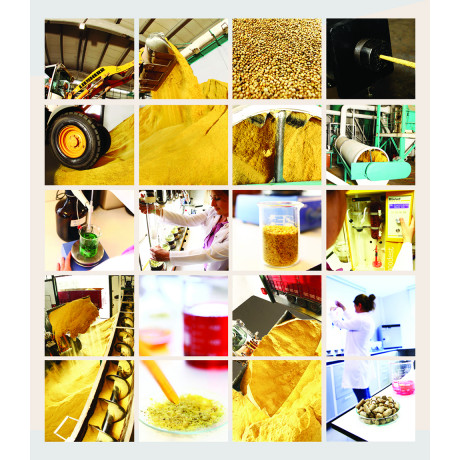
Promar Gıda San.Tic A.Ş provides services in offices in Izmir, Istanbul and Ankara, and also produces full-fat soybeans at its full-fat soybean facilities located in Kocaeli Körfez Rota Port and İzmir Kemalpaşa.
Raw soybeans are called as full fat soybeans prior to oil extraction. Many processes like autoclaving, roasting, micronizing and extruding can be applied to the production of full fat soybean. All these methods have their advantages and disadvantages. Extrusion is a continuous process and has obvious advantages. Full fat soybeans are thermally processed to destroy antinutritional factors and to increase oil availability while preserving the nutritional quality of the protein. Properly processed full fat soybeans are a valuable feed ingredient because of their energy, protein, essential amino acids, linoleic acid, vitamin E and lecithin contents. Full fat soybeans are produced by a variety of processes, all of which have a different effect on the nutritive value of the product in terms of antinutritional factor levels. Heat treatment through extrusion increases also the by-pass protein for dairy and beef cattle.
Detailed Review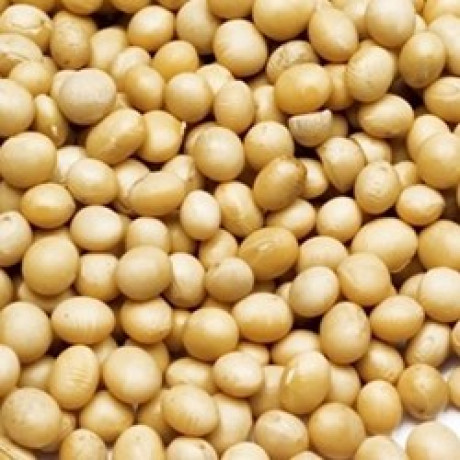
Soybeans are the most important crops in the world and are grown for a variety of agricultural and industrial uses. Raw soybeans cannot be used for animal feed or human food, because they contain several different antinutritional factors. These factors are trypsin and chymotrypsin inhibitors, phytohaemagglutinins like lectins and urease. These factors affect the digestion of soybeans in the stomach. All can be deactivated or reduced through proper heat treatment to minimize or eliminate their adverse effect. Since all these inhibitors are proteins, caution should be taken to assure that no destruction of the oilseed protein occurs. This can be accomplished only through optimum processing and good quality control measures.
Detailed Review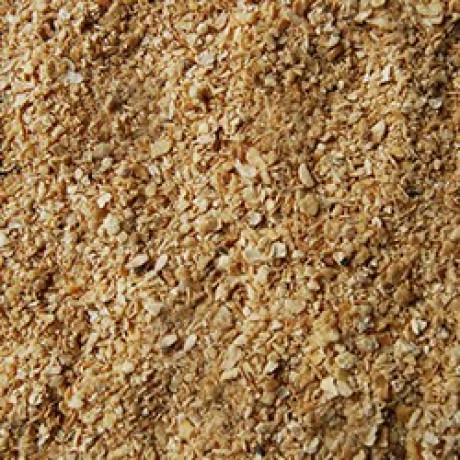
Soybean meal is a major source of protein used by the poultry and ruminant animals industries in the world. Soybean meal is obtained by grinding the soybeans remaining after removing the oil from beans by the solvent extraction process. Widely available, actively traded, highly palatable and rich in essential amino acids such as lysine, methionine and threonine, solvent extracted soybean meal represents the gold standard for vegetable protein ingredients. On the other hand, highly digestible for ruminants and poultry, the amino acids in soybean meal complement other ingredients to make a balanced diet for all livestock. Because it’s an excellent source of rumen degradable protein, soybean meal allows rumen microbes to produce maximum levels of high quality microbial protein in ruminant animals. A good source of amino acids, soybean meal also functions as a widely accepted alternative to fishmeal in aquaculture diets. Because soybean meal is the principal source of protein for the feed industry worldwide, it has become an ingredient that is strategically traded around the globe every day of the year. Feed manufacturers use soybean meal as the standard against which other protein sources are compared. Soybean meal has also become the protein source that determines the price of proteins for livestock feeding.
Detailed Review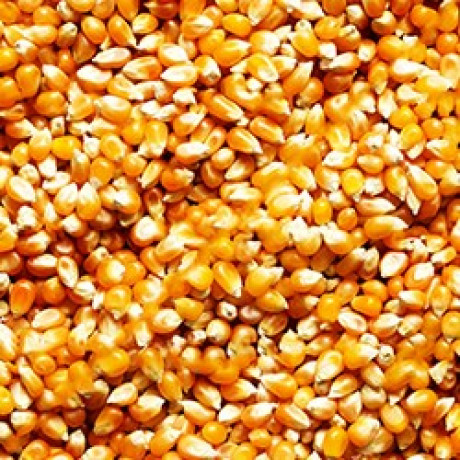
Corn grain is a major cereal grain used to supply energy in livestock diets. Considered the gold standard for cereal grains, corn grain offers a palatable energy source that is low in fiber. It contains no major antinutritional factors and can be fed with minimal processing. Ruminants efficiently consume whole, lightly cracked, rolled, or steam-flaked corn, while poultry consume corn that is rolled to a ground size of 600-900. Corn grain also works in some aquaculture and companion animal diets.
Detailed Review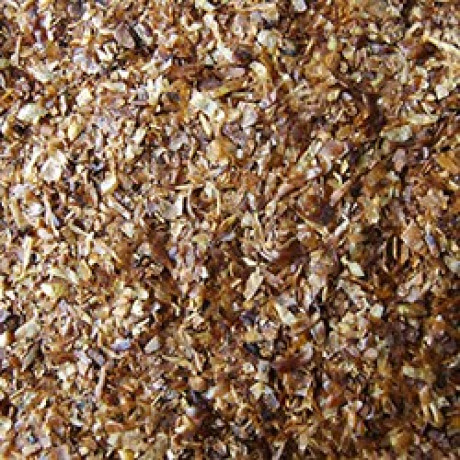
Maize bran is a product of the flourmills and is the coarse portion that is separated on sieving of the crushed maize grain, to yield fine flour. Bran is composed largely of seed coat.
Detailed Review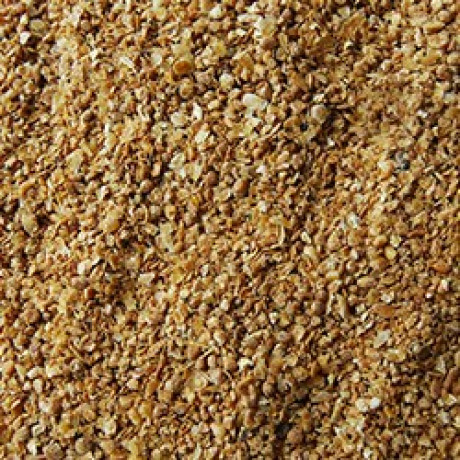
Distillers Dried Grains with Solubles (DDGS), a co-product of the dry milling of corn, is a medium-protein and high energy ingredient consisting of a grain fraction and whole stillage from the yeast fermentation of grain to ethanol. It contains numerous nutritional qualities, valuable for a variety of livestock. For ruminants, this palatable, low-starch product offers a high level of bypass protein, B vitamins, phosphorus, and highly digestible fiber. Its unique characteristics also perform well in poultry diets.
Detailed Review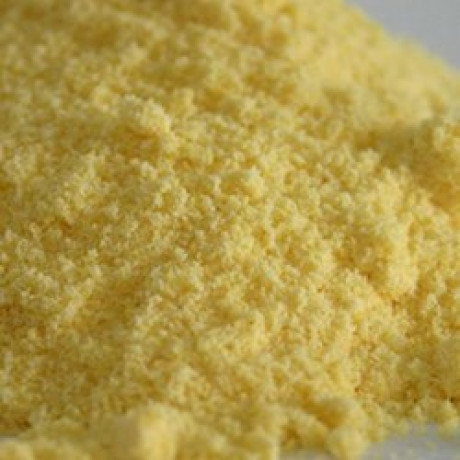
Corn gluten meal, a coproduct of the wet milling of corn, is a very palatable ingredient containing a high level of bypass protein. Therefore, corn gluten meal performs well in high producing dairy cattle and beef cattle diets. Providing high energy, protein, amino acids such as methionine and cystine, corn gluten meal serves as an excellent protein source for poultry diets. In addition, its high level of xanthophylls makes it a valuable ingredient in pigmented broiler and layer feeding programs. Rich in highly digestible amino acids and containing no antinutritional factors, corn gluten meal also works as a replacement for fishmeal in aquaculture diets.
Detailed Review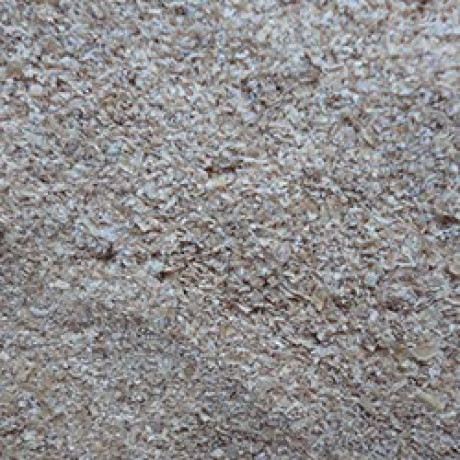
Wheat bran is produced during the flour milling of wheat and consists of the protective layers of wheat grains. Bran contains much of the vitamins and protein of the wheat grain. Utilized by ruminants for their protein, energy, and highly digestible NDF components, wheat bran often replace a portion of the grain and protein in diets. Wheat bran used widely in dairy and beef cattle rations. Also, wheat bran improve pellet quality. Futhermore, wheat bran provide a source of energy, protein, and minerals in poultry diets.
Detailed Review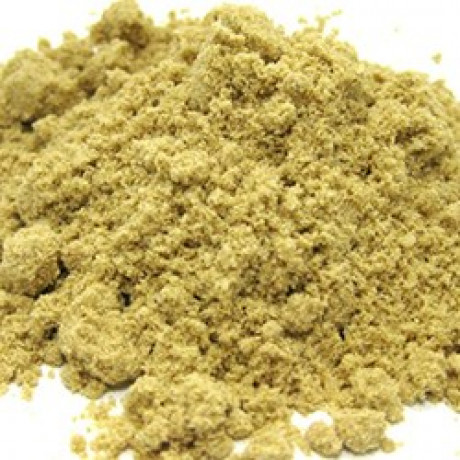
Rice bran consists primarily of the seed coat and germ removed from polished rice production. Comparable to wheat bran in the feeding value, even though lower in crude protein. Rice bran used widely in dairy and beef cattle rations.
Detailed Review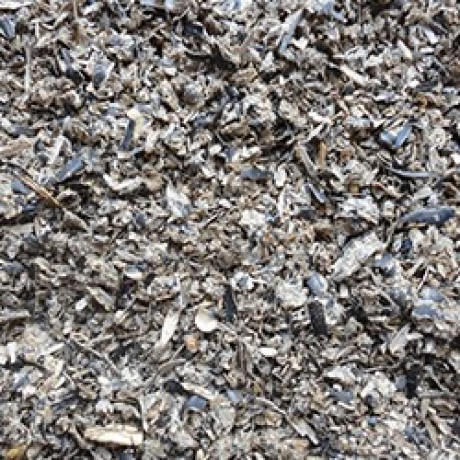
Sunflower meal is obtained by grinding the residue remaining after extraction of the oil from whole sunflower seeds by a solvent extraction process. Sunflower meal offers a edequate level of protein, energy and fiber in beef and dairy cattle diets. It also contains a high fiber level which is useful when designing beef and dairy nutrition programs. Furthermore, the nutrient profile of sunflower meal strongly complements soybean meal, creating a very effective combination in beef and dairy cattle diets.
Detailed Review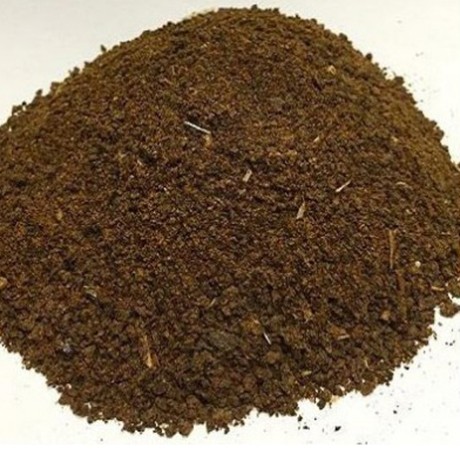
Canola meal consists of the meal obtained from whole canola seeds after the removal of the oil by direct solvent or prepress solvent extraction process. An excellent source of proteins, essential amino acids (sulfur containing amino acids), minerals and vitamins canola meal’s nutrient profile complements ingredients in a wide range of livestock rations. In dairy cattle rations, canola meal has gained widespread acceptance as a quality protein source. Additionally, in beef cattle diets it can be used as the sole protein supplement in growing and finishing rations.
Detailed Review